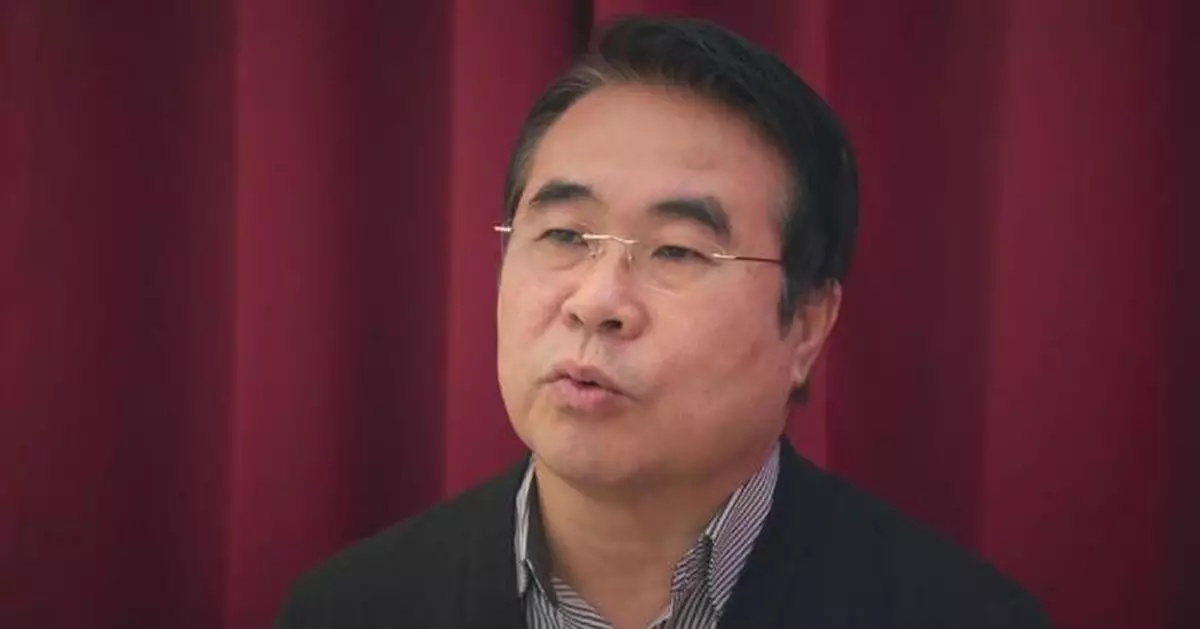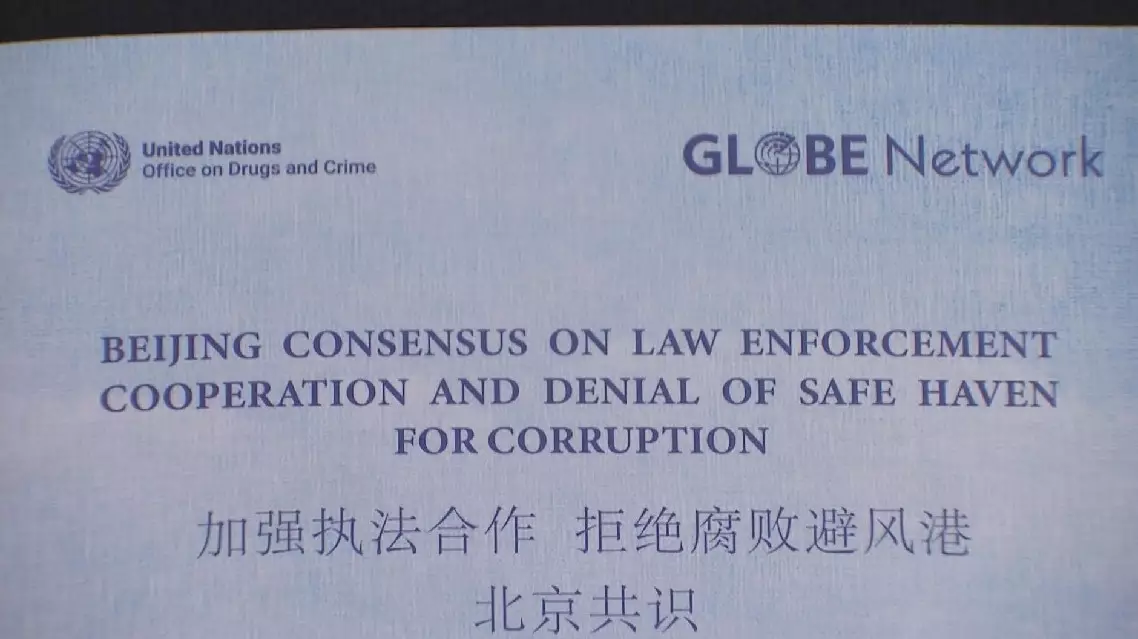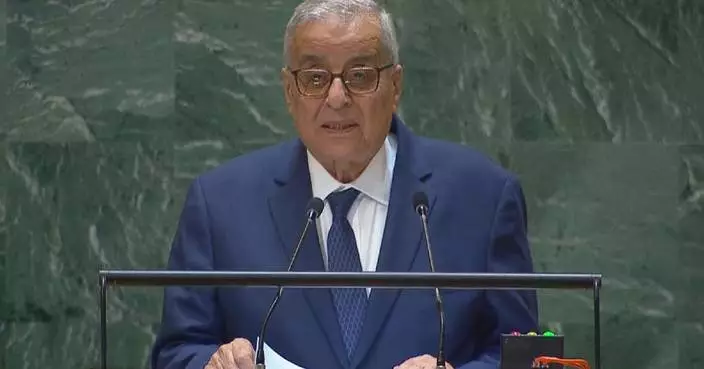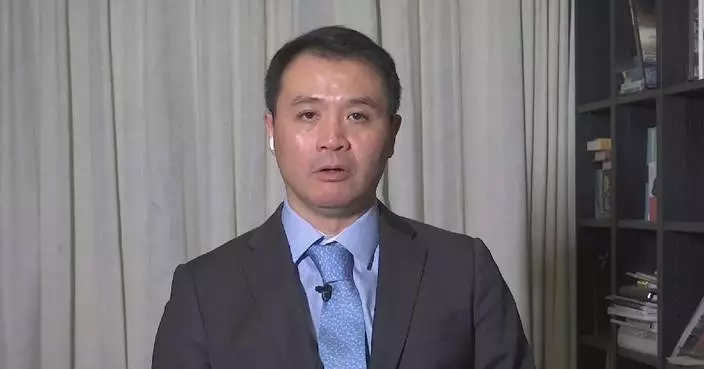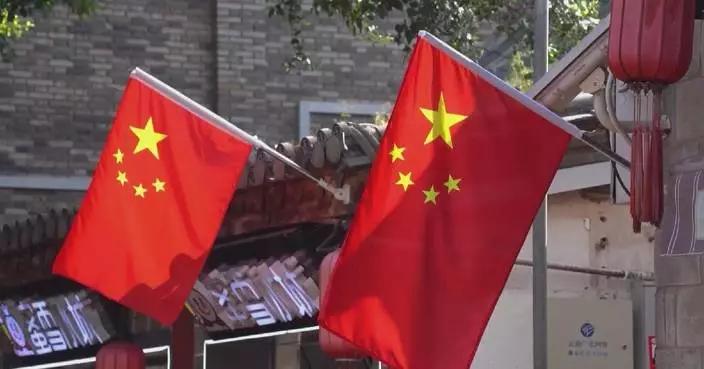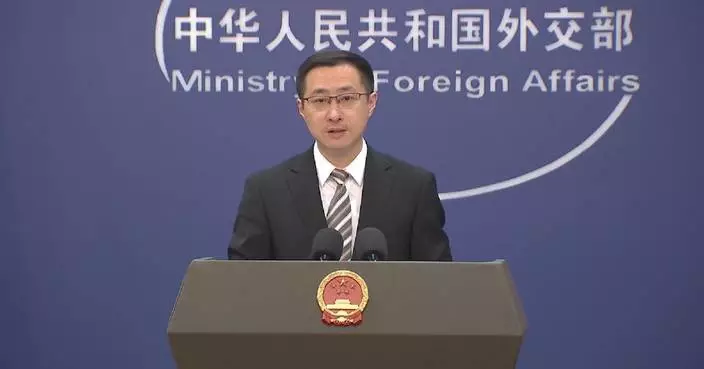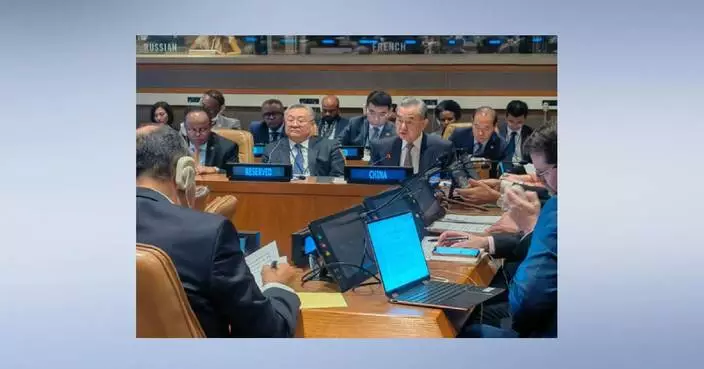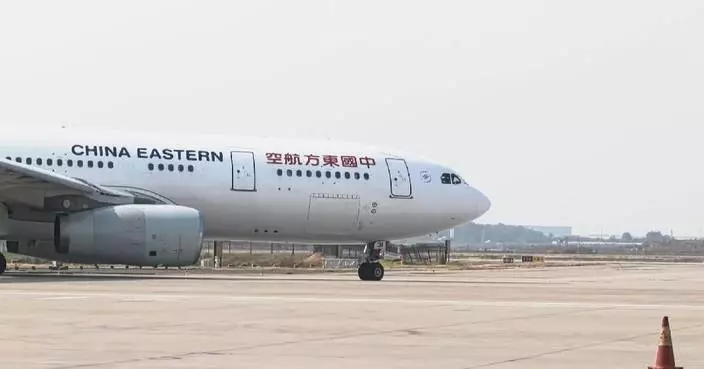The South Korean government may face the prospect of political paralysis in the coming months or years as the ruling and opposition parties work to align their policy agendas following Wednesday's legislative elections, two experts said in Seoul on Friday.
The experts' analysis came after South Korea's main opposition Democratic Party and its satellite party defeated President Yoon Suk-yeol's ruling People Power Party and its sister party in Wednesday's National Assembly elections with a combined 175 seats in the 300-seat parliament, election results showed Thursday.
The outcome showed that the opposition had snatched one of the biggest parliamentary majorities in recent decades, which means that the Democratic Party-led opposition forces could continue to obstruct the domestic agenda of Yoon who is two years into a single five-year presidential term.
As this year's parliamentary elections took place amid an increasingly polarized political climate in South Korea, analysts worry the elections' focus on personality and retribution instead of policy could become a permanent hallmark of domestic politics.
According to Rhee Jong-hoon, a political commentator in Seoul, South Korean voters have delivered a rebuke to President Yoon's party by supporting the opposition parties in the legislative elections, believing that the election setback is likely to further tie Yoon's hands domestically.
"What voters were interested in was changing President Yoon Suk-yeol's style of ruling and the opposition parties focused on that. Then the negative campaigns intensified. Personally, I am worried that this will happen again in the future," Rhee said in an interview with China Global Television Network (CGTN).
President Yoon is expected to hold a press conference next week, where he will spell out how the government plans to better follow the will of the people. A partial cabinet reshuffle is also expected, which might include the election of a new prime minister.
Yang Jun-sok, associate professor of economics at the Catholic University of Korea, said Yoon is most likely to face even greater political barriers in the remaining years of his term, as the opposition parties now own more parliamentary seats to block any attempts to delay legislative procedures.
"Anything that requires legal changes, changes in law, that's going to be very, very difficult. It seems at least for the next few months or so or, maybe a year or two, we will see a lot of paralysis in the national assembly," he said.
Rhee said the ruling and opposition parties now need to work together to address domestic issues high on the voters' mind, such as the prolonged doctors' strike that has plunged the country's health care system into chaos since February.
"Cooperation with the opposition party has become inevitable. Therefore, such a dramatic change must be made. If cooperation is not possible, then trying to rule through the enforcement of decrees will likely lead to a government in a vegetative state which will make things difficult in the future," he said.
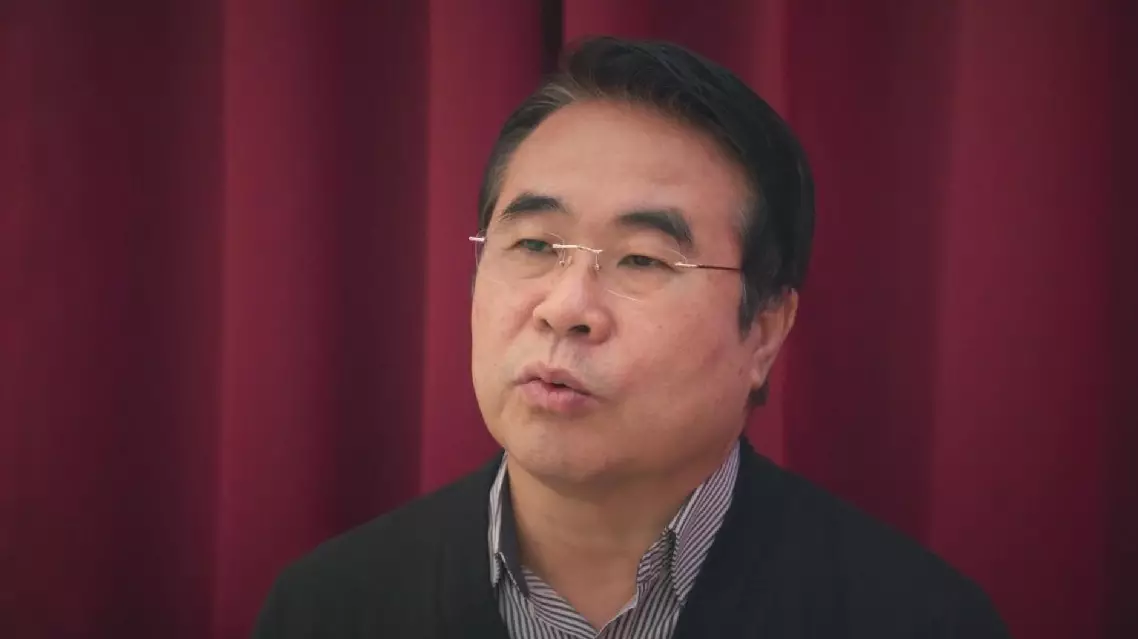
Political paralysis expected following South Korea's legislative elections: experts


